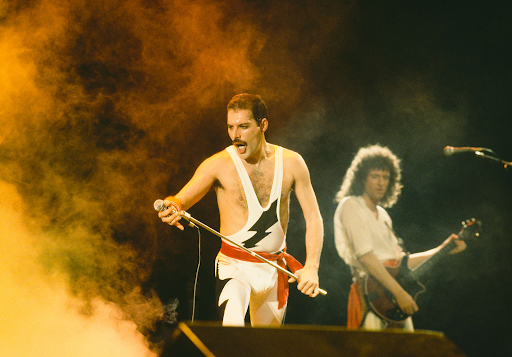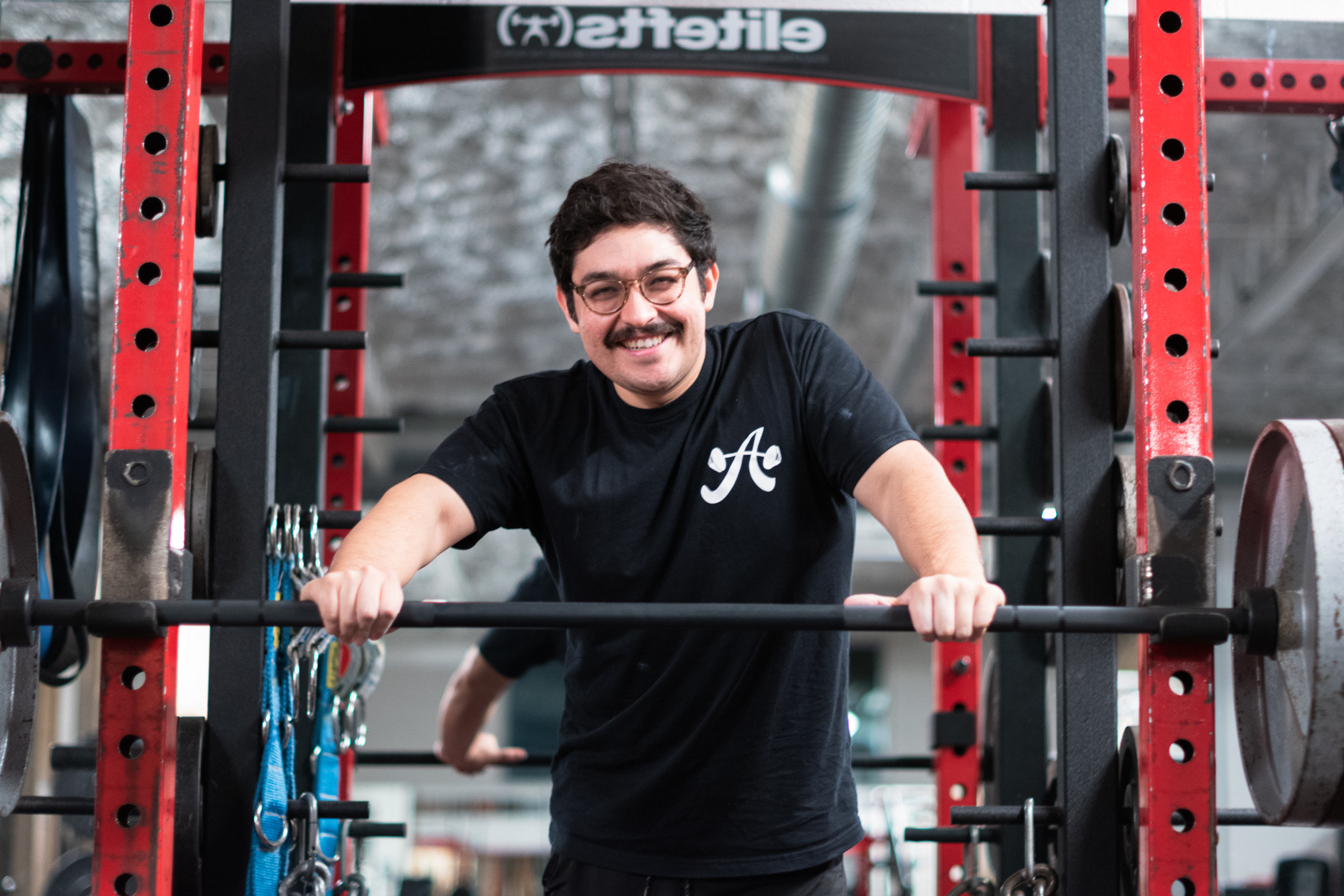Nutrition & Lifestyle
Music and Exercise
Written by Quintin Hinojosa
You’re faced with a steep hill during the 5k you so desperately want to finish. Four kilometers down, only one to go. Every bone in your body, every muscle, wants to stop. You think about taking the easy way out. You say to yourself, “I’ll start running again after I get to the top.”
But then your 80s workout playlist shuffles to “Don’t Stop Me Now” by Queen, and all of a sudden, low and behold, your legs start to pick up speed.
“Having a good time, having a good time…”
The song synchronizes with your stride, and as you look back down the hill, the red car you passed at the bottom gets further and further from sight. 160 beats per second of electric motivation pound your ears, and you keep your pace.
“I’m having such a good time, I’m having a ball…”
You’re locked in, wondering why you ever considered giving up. You reach the top of the hill in 5th gear, and the ground goes flat. There is nothing that can break your stride now.
Why? How? The temperature outside didn’t change. The ache you felt in your body didn’t simply disappear. But yet, your new wind, sponsored by Freddie Mercury and company, brought you to the top of what seemed like Mount Everest.

Music and exercise have an intricate relationship that has been studied for decades. The effects of music on exercise can vary depending on the genre, style, tempo, and personal preference. Music has shown to have cognitive, psychological, and physiological impacts on physical performance, making it an essential tool for athletes, fitness enthusiasts, and coaches.
There’s a reason that music can change the energy you have during exercise. There’s a reason why leaving your headphones at home before heading to the gym can feel like a death sentence, and that is because music has been scientifically proven to reduce fatigue levels, increase endurance levels, and improve mood while under stress.

According to a 2010 study by Costas Karageorghis et al., it was found that a group of men and women listening to synchronous music while performing circuit exercises performed more total repetitions than their music-less buddies in the other room. I don’t know if your math is math-ing with mine, but more reps = more muscle.
If you think that’s cool, this is even crazier. Just a year later, those same scientists thought, “There’s got to be a correlation between heart rate and beats per minute, they are just so dang similar.” And would you believe it, they were right. In the 2011 study by Costas Karageorghis et al., undergraduates performed better in a cycling class when the music playing was similar to that of their heartbeats.
Not only does music give you a boost physically, but it can also give you a boost mentally. Music stimulates our hormone oxytocin, the happy hormone. When we hear a song we like, our brains get excited and release these hormones, heightening our mood. And what better time to elevate our mood than when we are under duress in a tough workout?

Moreover, listening to music can improve an individual’s cognitive performance while engaging in physical exercise. A study by Schmidt-Kassow et al. (2010) showed that listening to music while exercising resulted in increased cognitive performance in tasks related to attention, memory, and information processing. Participants who listened to music while working out had higher accuracy in cognitive tests than those who did not.
Music can put you in a better flow state and give you that boost you are looking for to finish a workout strong. Music can motivate, engage, and enhance cognitive and emotional responses, leading to improved endurance and exercise capacity. The effects of music on exercise can vary depending on personal preference, tempo, rhythm, and volume, highlighting the importance of selecting music that is best suited for an individual’s fitness goals. Music can be a powerful tool when utilized correctly and can lead to better outcomes in the gym.
Forget the snake oil supplements and put on some headphones. The boost you need is one click away!

Click here to schedule your free consultation and first workout with Quintin!